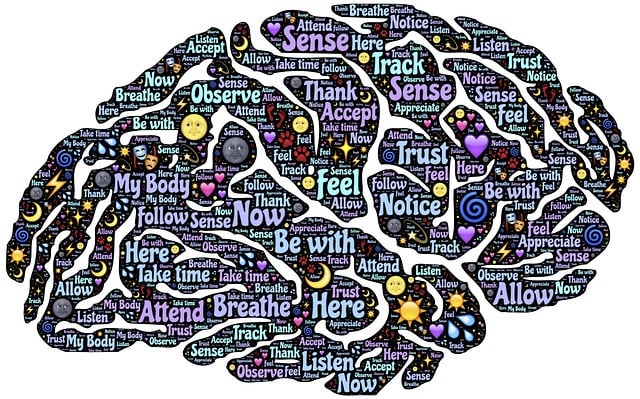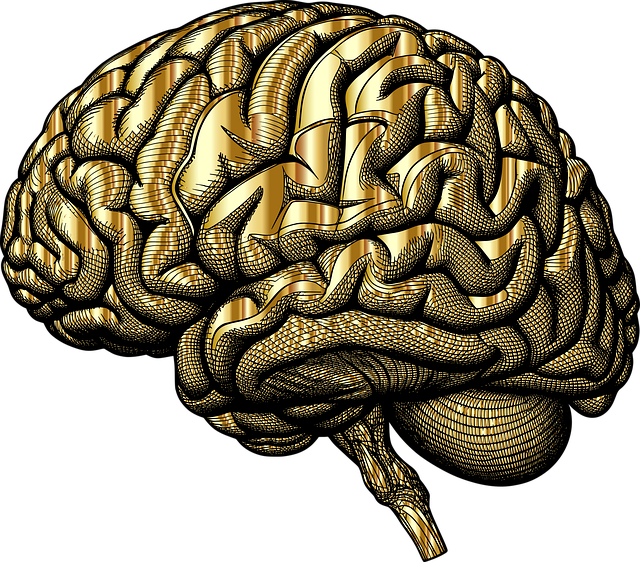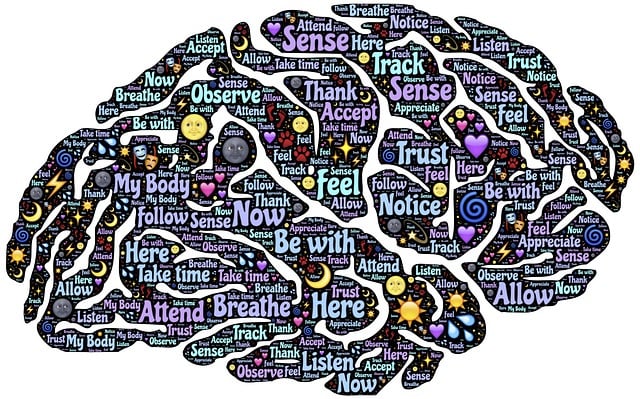Arvada Geriatrics Therapy (AGT) principles guide Crisis Intervention Teams (CITs) in managing emotional crises among the elderly, focusing on de-escalation, mood stabilization, and self-awareness. AGT training programs equip professionals with evidence-based strategies, Mind Over Matter principles, and immersive learning through workshops, role-playing, and supervision. These skills are crucial for navigating complex situations with grace, addressing unique challenges like cognitive impairments or trauma, and fostering emotional intelligence in geriatric care.
In today’s healthcare landscape, effective crisis intervention team (CIT) training is paramount, especially in geriatric care. The Arvada Geriatrics Therapy program stands out as a model for preparing professionals to handle acute situations. This article delves into the crucial components of these programs, exploring how they equip caregivers with the skills to navigate complex scenarios. We examine the benefits and challenges, emphasizing the real-world impact on patient outcomes and the role of specialized training in enhancing Arvada Geriatrics Therapy’s effectiveness.
- Understanding Crisis Intervention Teams: Their Role in Geriatric Care
- Components of Effective Arvada Geriatrics Therapy Training Programs
- Benefits and Challenges: Preparing for Real-World Scenarios
Understanding Crisis Intervention Teams: Their Role in Geriatric Care

In the realm of geriatric care, Crisis Intervention Teams (CITs) play a pivotal role in addressing acute emotional and behavioral crises among elderly individuals. These specialized teams, often comprising healthcare professionals, social workers, and psychologists, are designed to provide rapid support and stabilization when faced with challenging situations like depression, anxiety, or psychotic episodes. By integrating Arvada Geriatrics Therapy principles, CITs offer a holistic approach that combines medical intervention with therapeutic strategies tailored to the unique needs of older adults.
The primary objective of these teams is to de-escalate crises, improve mood management, and enhance self-awareness in geriatric patients. Through evidence-based Stress Reduction Methods and Self-Awareness Exercises, CITs help individuals regain a sense of control and promote positive coping mechanisms. By fostering an environment that encourages open communication and understanding, these teams contribute to the overall well-being and resilience of elderly people, ensuring they receive the timely support necessary to navigate through crises effectively.
Components of Effective Arvada Geriatrics Therapy Training Programs

Effective Arvada Geriatrics Therapy training programs are meticulously designed to equip crisis intervention teams with the necessary tools and skills to support seniors during stressful situations. These programs often incorporate a multi-faceted approach, combining practical techniques with evidence-based strategies. One key component is the integration of Mind Over Matter principles, focusing on teaching participants how to help elderly individuals manage anxiety relief and navigate emotional challenges. By fostering Emotional Intelligence, team members learn to recognize and respond appropriately to the unique needs and vulnerabilities of senior citizens during crises.
The curriculum typically involves interactive workshops, role-playing scenarios, and ongoing supervision to ensure a deep understanding of Arvada Geriatrics Therapy techniques. This immersive training enables crisis intervention teams to provide compassionate and effective support, enhancing their ability to handle complex situations with grace and expertise.
Benefits and Challenges: Preparing for Real-World Scenarios

Crisis intervention team training programs equip professionals with invaluable skills to handle real-world scenarios, ensuring they are prepared to offer effective support. These programs emphasize practical application, allowing participants to experience and navigate high-pressure situations. Through role-playing and simulations, teams learn to assess crises, communicate effectively, and implement evidence-based strategies tailored to diverse individuals’ needs.
One significant challenge lies in translating training into real-life effectiveness. While programs teach valuable techniques, the dynamic nature of crisis intervention demands continuous adaptation. Professionals must stay updated on the latest research, incorporate cultural sensitivity, and address unique challenges like trauma or substance abuse. For instance, Arvada Geriatrics Therapy teams might encounter elderly individuals with cognitive impairments, requiring specialized Self-Care Routine Development for Better Mental Health and enhanced Resilience Building skills to provide compassionate care. Additionally, Social Skills Training can improve interactions and foster better connections during crises.
Crisis intervention team training programs, such as those focusing on Arvada Geriatrics Therapy, play a pivotal role in equipping caregivers with the necessary skills to navigate challenging geriatric care scenarios. By combining theoretical knowledge with practical exercises, these programs foster a comprehensive understanding of crisis management, ultimately enhancing the quality of support provided to elderly individuals. Through ongoing training and practice, teams can build resilience and improve their ability to respond effectively during crises, ensuring better outcomes for those in their care.












